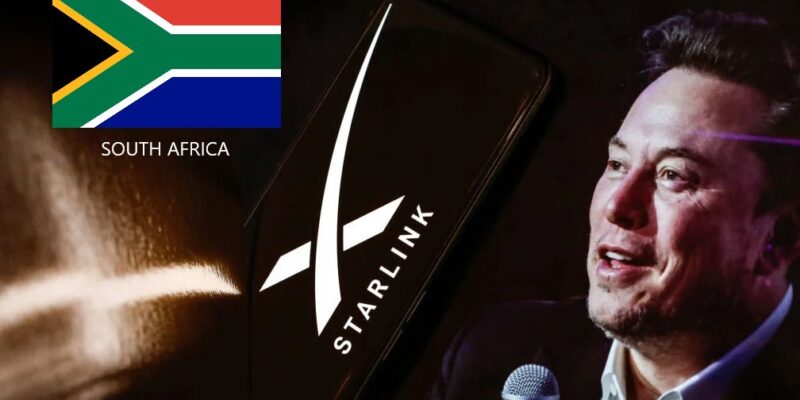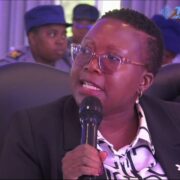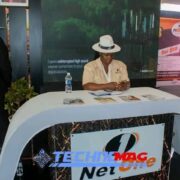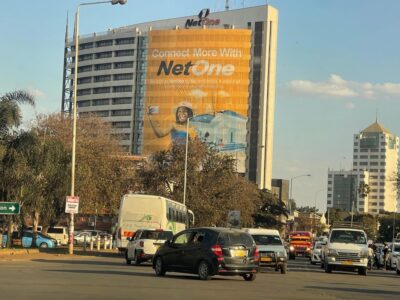In a significant setback for South African internet users, Elon Musk has publicly rejected the country’s licensing requirements for SpaceX’s Starlink satellite internet service. The billionaire entrepreneur criticized South Africa’s Black Economic Empowerment (BEE) policies, which mandate that 30% of local equity in telecommunications projects be allocated to black-owned businesses. Musk described these conditions as “openly racist” and stated that Starlink will not operate in South Africa unless the government changes its stance.
The announcement has ignited passionate debates across social media and political circles. Supporters of Musk’s position commend his stand against what they perceive as restrictive policies, while critics accuse him of disregarding South Africa’s historical inequalities.
by Elleanor Chard
The absence of Starlink in South Africa is particularly disappointing for many, especially as initial plans indicated the potential establishment of a ground station in Johannesburg, aimed at enhancing coverage on the continent. With Starlink’s rapid expansion across Africa having launched in countries like Nigeria, Kenya, Zambia and Zimbabwe, South Africans are left questioning their exclusion from a service that could provide a much-needed alternative to the country’s ongoing issues with unreliable internet infrastructure and high data costs.
The controversy intensified as Julius Malema, leader of the Economic Freedom Fighters (EFF), weighed in on Musk’s remarks, accusing him of undermining South Africa’s transformation policies. “Elon Musk is a product of apartheid wealth and white privilege. He has no right to dictate policies to us,” Malema asserted on X (formerly Twitter). Musk retorted, emphasizing the moral implications of denying internet access based on race.
As the clash between Musk and Malema trends on social media, South Africans find themselves divided. Some argue that BEE policies are crucial for addressing past injustices, while others contend that these regulations stifle foreign investment and technological advancements.
For now, Starlink remains unavailable in South Africa, and unless regulatory conditions change, this situation is unlikely to shift. Meanwhile, neighboring countries are already reaping the benefits of the low-latency satellite service, leaving South African users frustrated by what they perceive as unnecessary bureaucratic hurdles. The impact of Musk’s vocal opposition on policymakers remains uncertain, but one thing is clear: the Starlink debate is far from over.














Comments